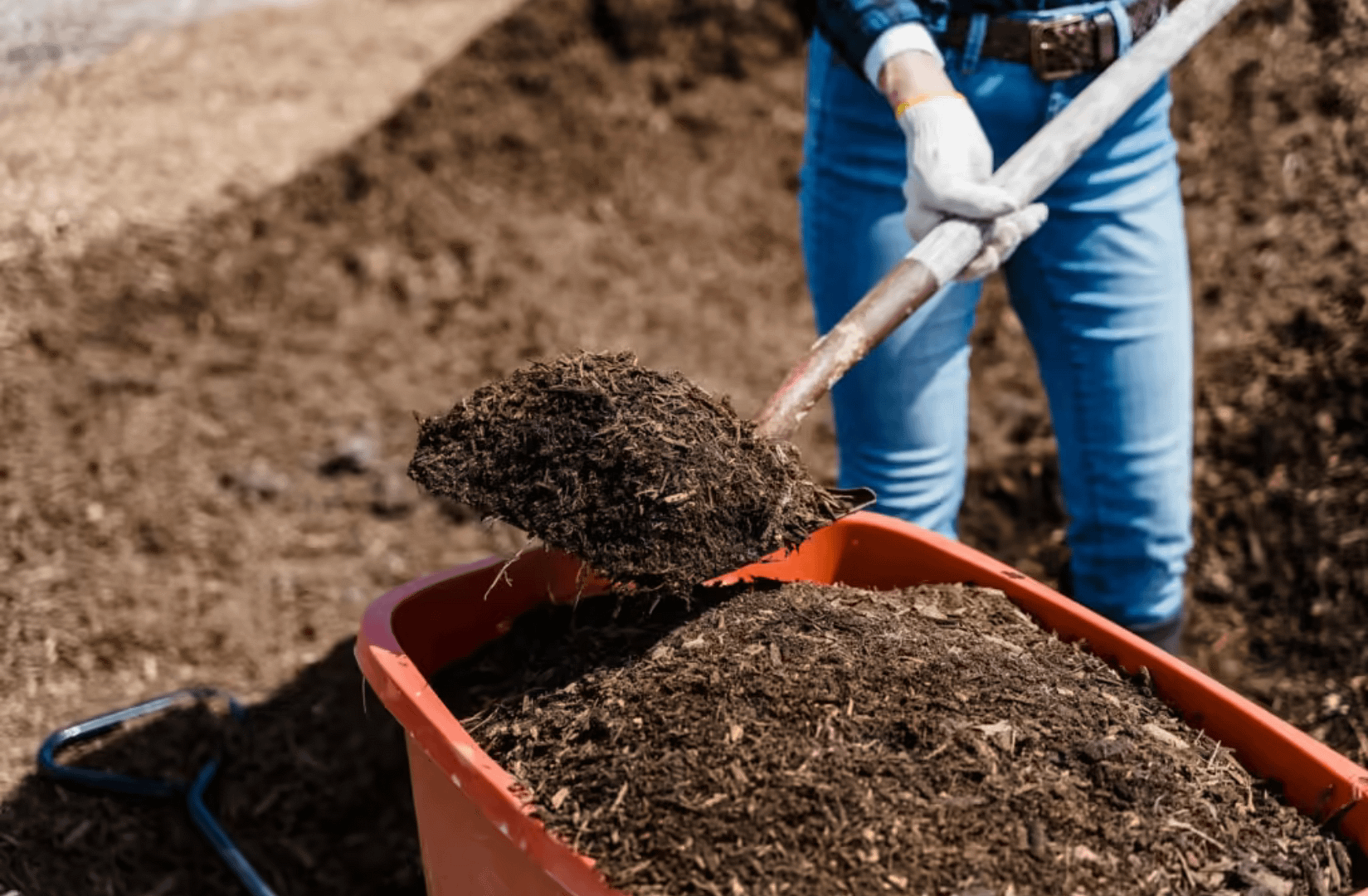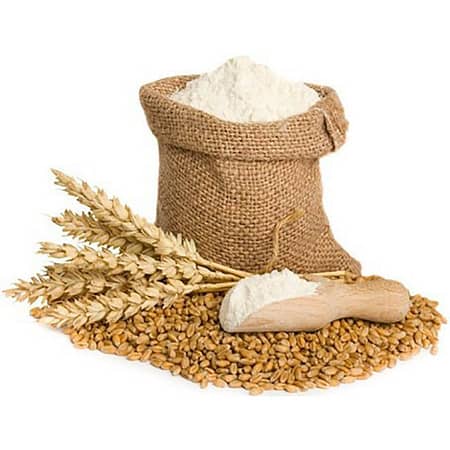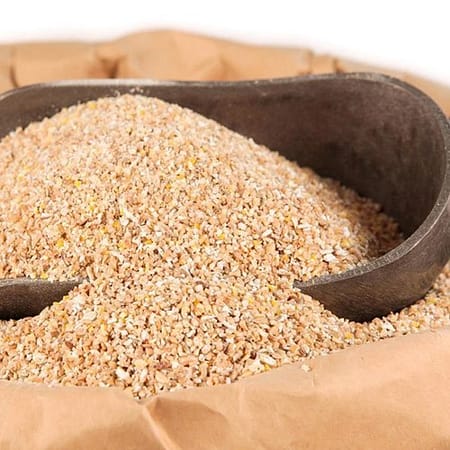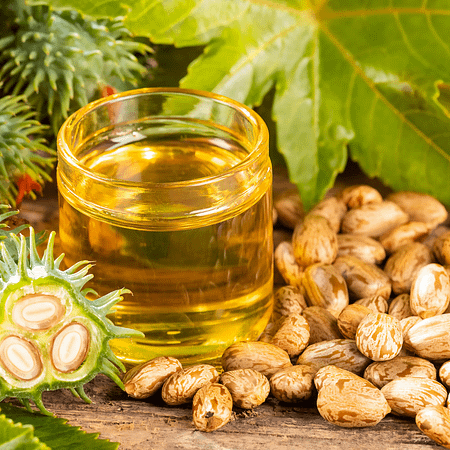Organic Certification
In India, organic farming certification is overseen by The National Programme for Organic Production (NPOP) under the Ministry of Commerce & Industry. The NPOP establishes standards for organic production, systems, criteria, and procedures for accrediting Certification Bodies, as well as the National (India Organic) Logo and the regulations governing its use.
These standards and procedures are designed to align with other international standards that regulate the import and export of organic products. Farms that have obtained Organic Farming Certification and comply with the norms specified by the National Programme for Organic Production are permitted to use the India Organic logo on their produce.
Procedure for Obtaining Organic Farming Certification
Any person looking to obtain organic farming certification for agricultural produce must submit an application in the requisite format along with the fee and complete field verification.
Before submission of the application, the applicant or farmer needs to ensure that his/her farm conforms to the standard laid out by the National Programme for Organic Production (NPOP) for organic crop production.
Standard guiding principles laid down by NPOP are as follows:
- Conversion of land for Organic farming must be done.
- All inputs to the farm should be natural.
- No genetically modified inputs or irradiation technology should be used.
- The integrity of processes (physical, biological, mechanical) must be maintained at all times.
- No contamination from nearby farms or other means must be present.
- Sustainable practices must be followed on the farm.

Organic Certification Process in India
Large-scale farmers or small-landholder groups (minimum of 25 and maximum of 500 farmers having land in the same geographical area) can apply for Organic certification of their produce. The point to note here is that the land is not certified as organic. Rather the produce from the land is certified. This certification has to be renewed every three years.
Here is the process of Organic certification in 5 steps:
- Receipt of an application and standards & operational documents to the farmer(s) by an accredited organic certification body from the farmer(s), which involves an agreement of roles and commitments between the two.
- A fee has to be paid to the accredited body, followed by auditing of the documents.
- Regular field inspection by the internal quality system manager and external inspector and documentation of the same.
- Compliance verification and reviewing of reports by field inspector through inspection and audits.
- Certification decisions made.













